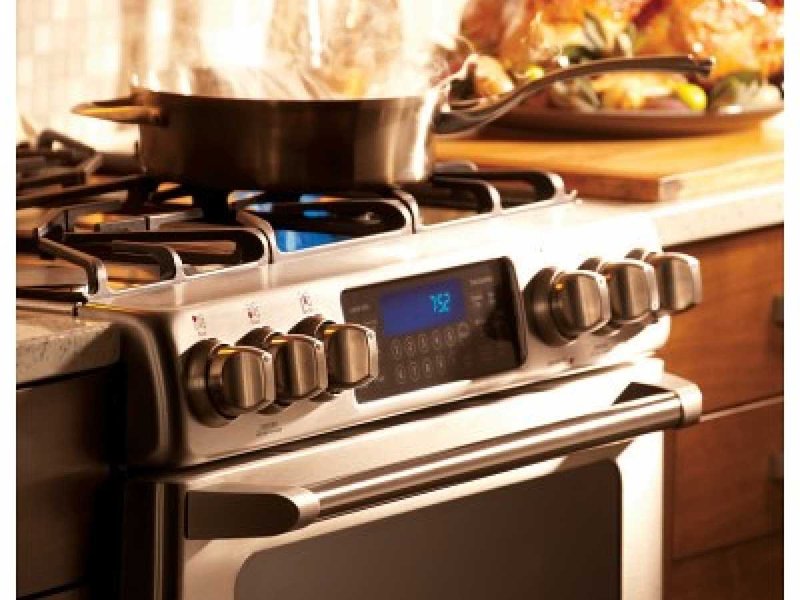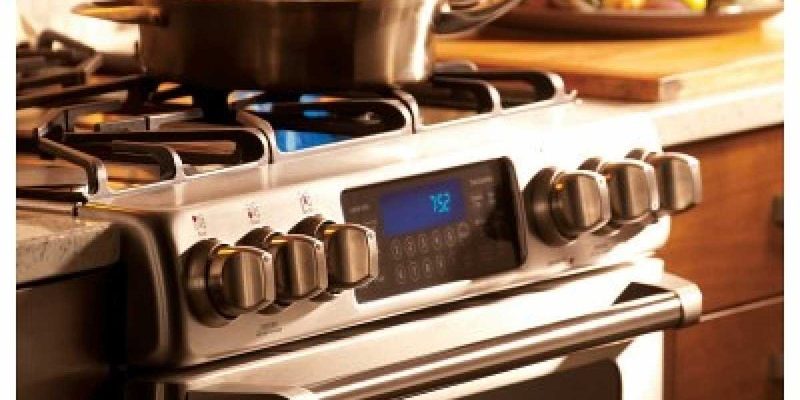
Picture this: your oven is like the heart of your kitchen, pumping out delicious meals day in and day out. Now imagine this heart sending out a distress signal every time you try to cook, yet you continue as if nothing’s wrong. Ignoring Error E3 is somewhat like ignoring a persistent cough that could be a sign of something more serious under the hood. Sure, you might still be able to ignore it for a while, but eventually, it’ll catch up with you. So, let’s dive into what this means and why it’s crucial to pay attention to it.
Understanding Error E3
When you first spot that Error E3 message, it can be tempting to panic a little, especially if you’re in the midst of preparing dinner. However, understanding this code is key to saving your oven from a bigger issue. Error E3 typically indicates a temperature sensor problem in your GE oven. Think of this sensor as the thermostat of your oven, responsible for ensuring temperatures are just right, whether you’re baking cookies or roasting a turkey. When the sensor isn’t working properly, the oven can’t accurately measure or regulate temperature, leading to cooking nightmares.
Imagine baking a cake with a thermometer that’s gone haywire. One moment, it’s too cold, and the batter barely rises; the next, it’s scorching, burning the cake’s outer layer while the inside remains raw. That’s exactly the kind of chaos you might end up with if you continue ignoring this error. Beyond messed-up meals, a faulty sensor can cause the oven to overheat, turning it into a safety hazard.
Neglecting to fix Error E3 can also lead to a domino effect on other components. Your oven’s control board, the brain orchestrating functions, might start to malfunction due to wrong readings, leading to unexpected shutdowns or other error codes flashing intermittently. So, not only does ignoring this error affect your culinary creations, but it could also be damaging to the appliance’s overall health, making timely repairs essential.
The Consequences of Ignoring Error E3
You might be wondering, “What’s the worst that could happen if I just ignore it?” Well, here’s the deal: if left unresolved, Error E3 can gradually lead to more significant problems that are tougher—and pricier—to tackle. Primarily, the sensor’s malfunction can cause the oven to operate inefficiently, leading to unpredictable cooking results. This means you have to spend more on groceries to redo meals, increasing household waste and frustration.
On a more serious note, there are safety concerns to consider. An oven that overheats because the temperature sensor is sending mixed signals can become a fire hazard. We all know how quickly a pleasant cooking experience can turn into a kitchen emergency if not monitored correctly. Furthermore, the oven’s prolonged exposure to incorrect temperatures can lead to wear and tear on other critical components, shortening the appliance’s lifespan.
Financially, avoiding a fix might save you some bucks now, but it could lead to heftier repair bills down the line. A defective sensor might seem minor, but if it causes a control board failure or worse, you could be looking at costly replacements or even the need to buy a new oven altogether. Hence, dealing with Error E3 promptly is a good investment in the longevity of your kitchen companion.
Steps to Address Error E3
Recognizing the importance of addressing Error E3 is just the first step. Here’s what you can do to get your oven back in the game. First off, consult your owner’s manual to understand any specific instructions for your model. Many times, this will give clues on how to handle minor troubleshooting tasks. If you’re comfortable, try resetting your oven: turn it off, unplug it, wait a few minutes, and then turn it back on. Sometimes this simple trick can clear minor glitches.
If resetting doesn’t work, it may be time to reach out to a professional. A certified GE technician will have the expertise needed to safely and accurately test the temperature sensor and other components. They can identify whether the sensor itself is faulty or if there’s an issue with the oven’s wiring or control board. Attempting a DIY fix can be tempting, but given the electrical components involved and potential safety risks, professional handling is recommended.
Finally, to prevent future issues, consider regular maintenance checks. Having your oven inspected annually can help spot potential problems before they become major. Making this a routine habit extends the appliance’s service life and keeps your culinary adventures on track without unexpected interruptions. Taking care of these appliances is akin to caring for a reliable old friend—some TLC can go a long way in ensuring they’re around for the long haul.
